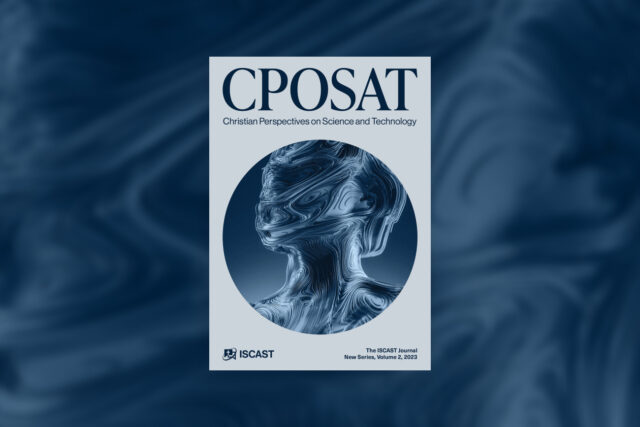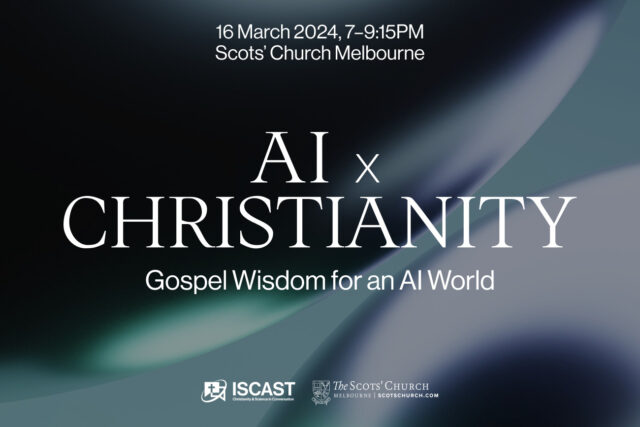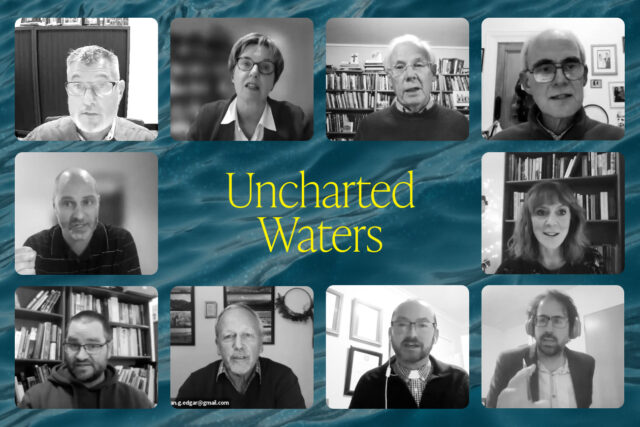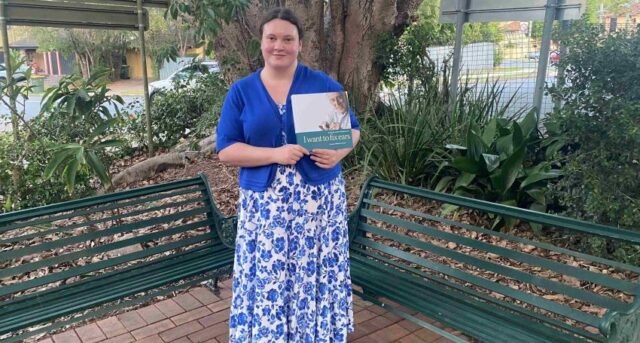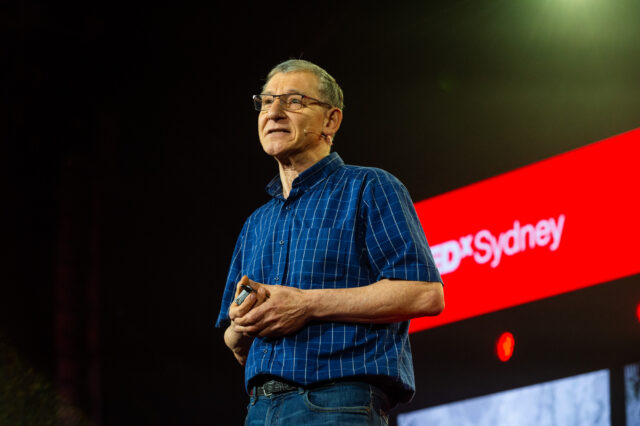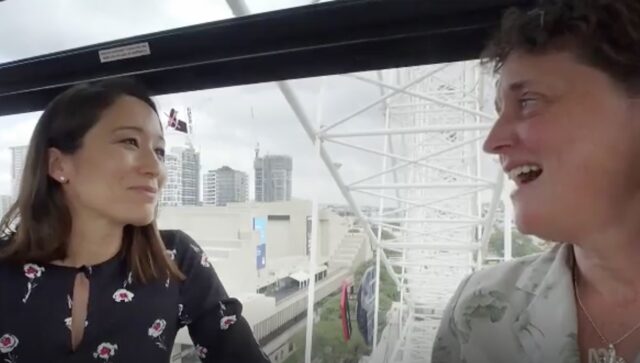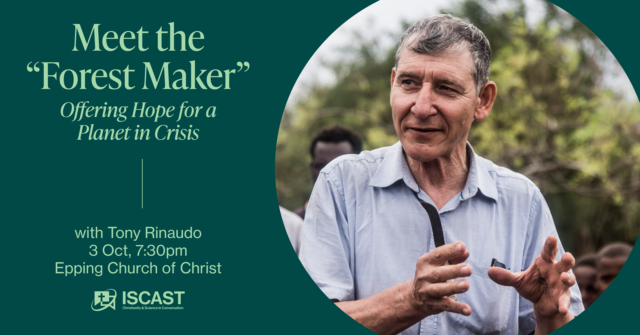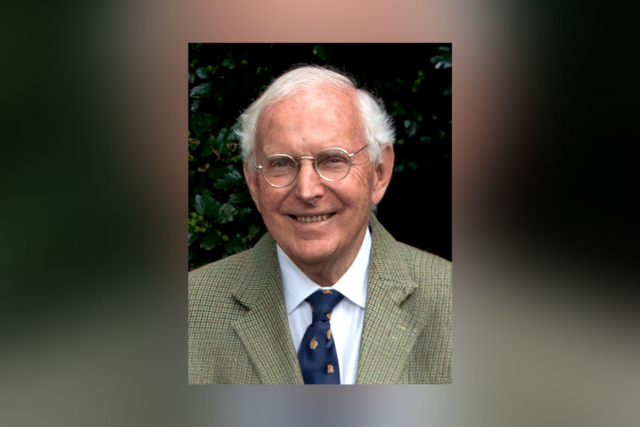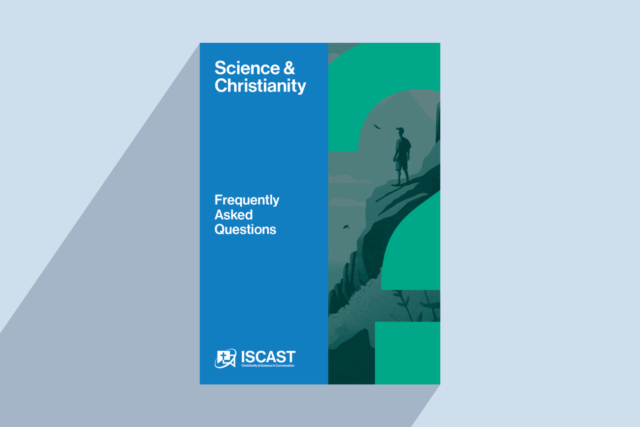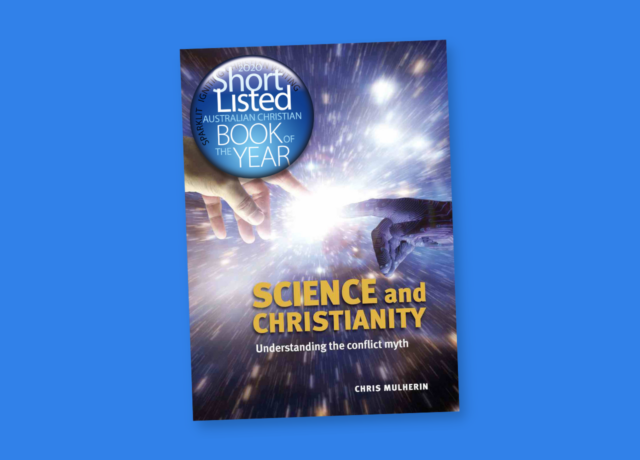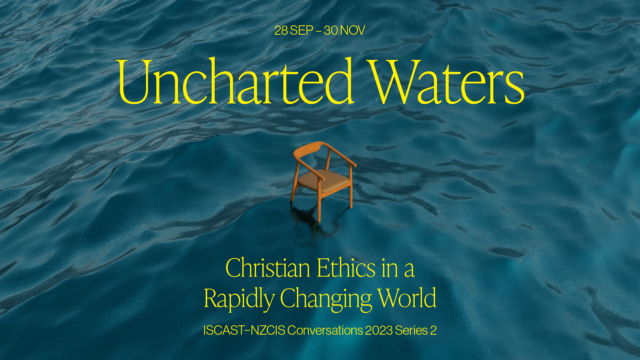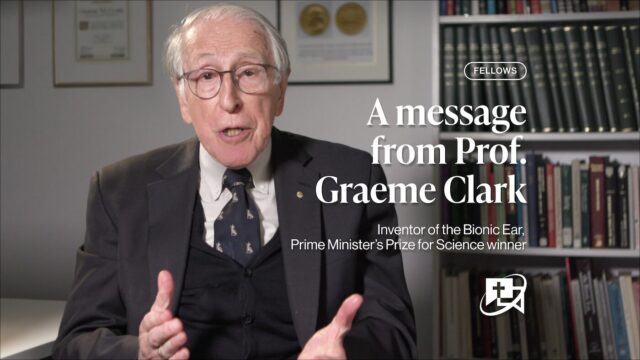

Bruce Desmond Craven, 1931–2022
A Tribute from John Pilbrow
We report with sadness the passing of Dr Bruce Craven, a long-time Fellow of ISCAST, on the evening of 25th January 2022, after a long illness.
I first met Bruce in May 1965 at the first meeting of the small Victorian Research Scientists’ Christian Fellowship (RSCF) that I ever attended. I don’t recall what we were discussing on that occasion, but Bruce seemed to me to have much more knowledge than the rest of us about whatever it was we were talking about. And I wondered how it was possible to be so widely read! Bruce remained a significant member of the RSCF until it ceased to operate at the end of 1978, and then, along with many of us, became involved in ISCAST in the early 1990’s.
That first impression remained in my mind thereafter and up to the last meetings that Bruce attended around 2012, as well as COSACs up to about 2007. Bruce always quickly latched on to what was being discussed and always had something helpful and important to contribute. Of course we had to get used to his rather ponderous manner and yet that gave us time to think along with him.
During the early 1950’s, Bruce gained both BSc and MSc degrees with First-Class Honours in Mathematics at the University of Melbourne, before working in industry in the UK during 1955. For several years after returning to Melbourne, Bruce worked as a Senior Research Physicist for Australian Paper Manufacturers, during which time he gained a further degree from Melbourne University—BA (Hons) in Statistics, again with First-Class Honours!
In 1962 Bruce was appointed Lecturer in Mathematics at Melbourne University, ultimately becoming Reader. He was awarded a well-deserved DSc in 1973.
When the ISCAST Online Journal, Christian Perspectives on Science and Technology, was established, Bruce was its Founding Editor. In addition to judicious reviewing of submitted articles, which sustained the ISCAST ethos, Bruce himself contributed across a wide spectrum of issues including: “Working Hypotheses in Science, What doubt is reasonable?”; “Evolution—a short guide for the perplexed”; “What does Genesis tell us?”; “Explanation and Belief: Are God’s Actions Hidden in Chaos?”; and “Death of Science?”
As Bruce was finding the editorial role increasingly difficult to manage on his own, during 2013 I joined him as co-editor to take some of the load. However, during 2014 we both decided that the time had come for us both to step down and we wrote a final editorial. A good summary of Bruce’s understanding of the relationship between faith and science may be seen in the following quotation from the editorial:
ISCAST is committed to reflecting on the best science. It is also keen to support those scientists who are Christians and who work within the paradigms of modern science such as big bang cosmology and evolution. ISCAST looks to evidence-based science and rejects any idealogically- driven approaches that seek to decide the outcome before the evidence has been gathered.
As a final comment, ISCAST is committed to the idea that all truth is God’s truth and that our knowledge of the world is based on empirical evidence which, for the Christian, is all about exploring God’s world, not seeking thereby to prove that God exists.
When Bruce was no longer able to drive, over several years, either Richard Gijsbers or I used to take him to ISCAST events—Fire in the Belly sessions—and it was on those car journeys that I learned a great deal about Bruce and his life. However Bruce’s increasing immobility made getting about by car quite difficult. So when Bruce was made a Life Fellow of ISCAST several years ago, as he was no longer going out at night, Alan and Richard Gijsbers, Chris Mulherin and I took him out for coffee at the beach cafe at Black Rock where Alan presented him with his Life Membership certificate. Bruce was deeply grateful that he hadn’t been forgotten.
Bruce was an only child and was brought up in Hampton, a Melbourne suburb, and, apart from his time in the UK, lived in the same family home until he had to move into aged care some years ago. Anyone who ever visited Bruce’s home would have seen the extensive bookcases in hall and rooms lined with mathematical journals and books on an endless variety of topics! It makes my own library seem paltry in comparison.
Though Bruce’s parents were not church-goers, they enrolled him in the Sunday school at the nearby Brighton Church of Christ. It remained Bruce’s church for the rest of his life.
Bruce attended Hampton High School until he was awarded a scholarship to Wesley College. At Wesley, he learned French as part of the curriculum, but he also took advantage of voluntary German lessons after school. This enabled him to read mathematical journal articles not only in English, but in French and German as well. Later, during his academic career, Bruce also taught himself Russian, to the point where he was able give lectures in Russian during visits to Moscow!
Bruce told me how during one of his visits to Moscow, he decided one afternoon to buy a bus ticket and travel around the outer suburbs, something his Russian maths colleagues thought wasn’t such a good idea for a foreigner! But that was Bruce, often somewhat unpredictable and uperturbed by apparent difficulty.
In recent years, Bruce soldiered on bravely in the family home, with much help, until it became necessary to move into aged care. During 2019 I managed to discover that Bruce was living in Warrawee Community Aged Care in East Bentleigh. I visited him there twice, the second time just before the first Victorian lockdown. During 2020–2021 I had hoped to telephone Bruce regularly but, as he was by then quite hard of hearing, telephone conversation proved very difficult.
Bruce was in many ways, quite self-contained. He didn’t indulge in “small talk” and I don’t think one could have conversed with him about football, cricket, or sports in general. I can’t claim to have been a close friend, but as explained earlier, while driving him to ISCAST meetings, he told me a good deal about his life from childhood right through to his professional life which I am pretty sure I would not have learned otherwise.
Bruce contributed much to the faith–science conversation here in Melbourne for more than five decades, for which many of us remain profoundly grateful. His faith in Christ was firm and informed, and he remained a loyal member of the congregation at Brighton Church of Christ.
He was a good friend to ISCAST and we’ll all miss his deep and insightful comments.
Acknowledgement:
Some details were obtained from the notification of Bruce’s death to the Australian Mathematical Society, and are used with permission.

